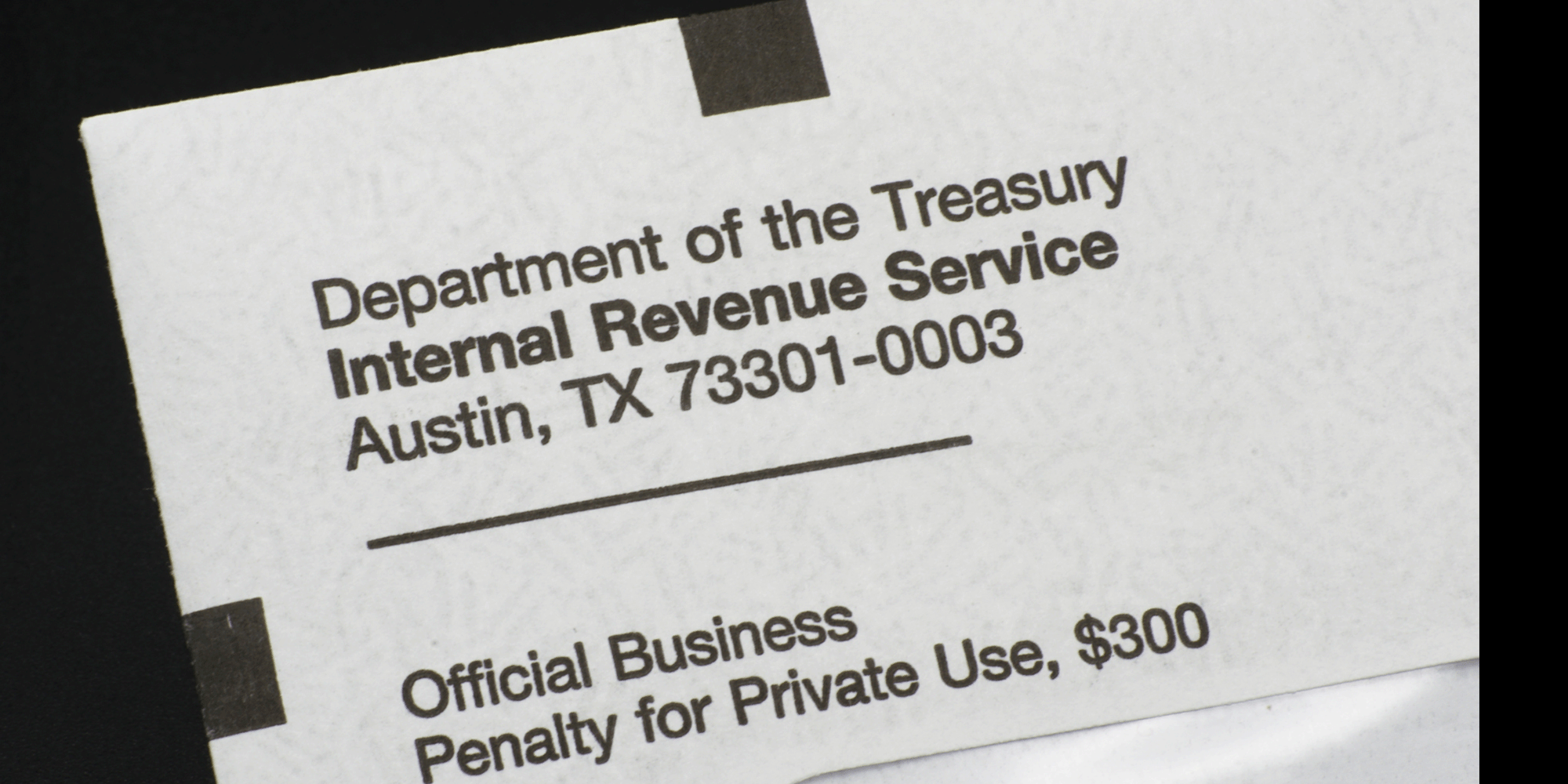Innocent Spouse Relief Part 2 – Separation of Liability, 6015(c)
Separation of liability is a key part of the IRS's process for providing innocent spouse relief. This relief allows a taxpayer to be relieved of responsibility for paying taxes on a joint tax return if he or she can show that it would be unfair to hold them liable. In this second part of our series on Innocent Spouse Relief, we examine Separation of Liability, 6015(c).
Understanding Apportionment of Relief
The IRS will first look to see if the taxpayer requesting innocent spouse relief meets certain criteria.
These include:
- The taxpayer must have filed a joint return with his or her current or former spouse.
- The unpaid tax liability must be attributable to erroneous items of the non-requesting spouse. Erroneous items can include but are not limited to, omissions of income, excessive deductions, or improper credits.
- The requesting spouse must establish that he or she did not know, and had no reason to know, that there was an understatement of tax on the joint return when it was filed.
Determining Which Spouse Is Responsible For The Tax Debt
The first step in the separation of liability is to determine which spouse is responsible for the tax debt. This is done by looking at a number of factors, including:
- Who filed the joint return
- Who signed the return
- Who earned the income
- The one who benefited from the deductions or credits on the return
Once it has been determined which spouse is responsible for the tax debt, that spouse will be liable for paying any taxes owed. The other spouse will not be held responsible for the debt.
Relief By Separation Of Liability Requires That The Couple Be Separated
The next requirement for relief by separation of liability is that the couple be separated. This means that the couple must be living apart, and one spouse must not be liable for the taxes owed by the other.
When both spouses are liable for the tax debt, they will both be responsible for paying it. However, if only one spouse is liable for the tax debt, the other spouse will not be held responsible for it.
The IRS Must Determine That It Would Be Unfair To Hold The Innocent Spouse Liable For The Tax Debt
The final requirement for relief by separation of liability is that the IRS must determine that it would be unfair to hold the innocent spouse liable for the tax debt. This determination is made by looking at a number of factors, including:
- The extent to which each spouse knew or should have known about the understatement of tax.
- The economic hardship would be caused by holding the innocent spouse liable for the tax debt.
- Whether or not the innocent spouse signed the return under duress
- The IRS will also consider any other factors that it deems relevant in making its determination.
If the IRS determines that it would be unfair to hold the innocent spouse liable for the tax debt, it will provide relief by separation of liability. This means that the innocent spouse will not be responsible for paying any taxes owed on the joint return.
How To Request Relief By Separation Of Liability
If you believe that you are eligible for relief by separation of liability, you must file a Form 8857 with the IRS. This form is available on the IRS website.
You will need to provide information about your tax return, as well as information about your marriage and separation. You will also need to provide a statement explaining why you believe you are eligible for relief.
Once you have filed Form 8857, the IRS will review your case and determine whether or not you are eligible for relief by separation of liability. If you are found to be eligible, the IRS will provide relief by removing your liability for the taxes owed on the joint return.
Exceptions For Separation Of Liability
There are a few exceptions to the requirements for relief by separation of liability. These exceptions are:
- In case you were divorced or legally separated when the tax return was filed, you are not eligible for relief.
- If you remarried the spouse with whom you filed the joint return, you are not eligible for relief.
- In case you filed a joint return with your current spouse, you are not eligible for relief.
- If you do not meet the requirements for any of these exceptions, you may still be eligible for relief by separation of liability.
The IRS Can Challenge The Innocent Spouse's Claim
The IRS can challenge an innocent spouse claim if it believes that the claim is not valid. The IRS will review the facts of your case and determine whether or not you are eligible for relief. If the IRS determines that you are not eligible for relief, it will notify you in writing.
However, you have the right to appeal the IRS decision. If you believe that you are eligible for relief, you can file an appeal with the Tax Court.
Filing an appeal with the tax court typically takes several months. During this time, you will not be required to pay the taxes owed on the joint return.
However, if you lose your appeal, you will be responsible for paying the taxes.
It is important to note that even if you are found to be eligible for relief by separation of liability, you may still be liable for any interest and penalties that are owed on the tax debt.
Liability Is Increased By Fraud
When it is determined that you are liable for the taxes owed on the joint return, your liability may be increased by fraud. This means that you may be responsible for paying not only the taxes owed, but also any interest and penalties that have accrued. Fraud is a serious matter, and if you are found to have committed fraud, you may be subject to criminal penalties.
If you believe that you are eligible for relief by separation of liability, you should contact the IRS as soon as possible. You can find more information about innocent spouse relief on the IRS website.
You can also contact a tax professional to discuss your options and determine if you are eligible for relief. Innocent spouse relief can be a complex issue, and it is important to understand all of the requirements before filing for relief.
An experienced tax professional can help you navigate the process and ensure that you are taking advantage of all available options.
Conclusion
Innocent spouse relief – separation of liability, is a key part of the IRS's process for providing innocent spouse relief. This relief allows a taxpayer to be relieved of responsibility for paying taxes on a joint tax return, if he or she can show that it would be unfair to hold them liable.
In order to qualify for this relief, the taxpayer must meet certain requirements. If you believe that you are eligible for relief by separation of liability, you should contact the IRS as soon as possible. You can also contact a tax professional to discuss your options and determine if you are eligible for relief. Innocent spouse relief can be a complex issue, and it is important to understand all of the requirements before filing for relief.
We Can Help
An experienced tax professional can help you navigate the process and ensure that you are taking advantage of all available options. Relief by separation of liability can provide much-needed relief to taxpayers who find themselves in difficult financial situations. If you think you might be eligible for this relief, be sure to contact the IRS or a tax professional as soon as possible.
At Morris and Associates Tax Professionals, we have experienced tax professionals who can help you navigate the innocent spouse relief process. We understand the complex requirements and can help you determine if you are eligible for relief. Contact us today to learn more about how we can help you resolve your tax problems.
Best regards,
Kenneth Morris, EA
Call me: (678) 641-3193
Posts by Tag
- tax problems (49)
- tax services (41)
- How the IRS Works (40)
- Resolving tax debt (38)
- Offer in Compromise (17)
- Tax News (14)
- 2023 Taxes (12)
- filing deadline (7)
- Tax Relief (6)
- Tax Preparation (5)
- 2020 taxes (4)
- Tax Advice (4)
- Avoiding an Audit (3)
- IRS Final Notice (2)
- Save Money (2)
- Estate Planning (1)
- Prior year returns (1)
Recent Posts
Popular Posts
Where's My Refund?
Just wanted to give you a...
An Offer-in-Compromise (OIC) is an agreement...
IRS IS CRACKING DOWN
The IRS has made it...

